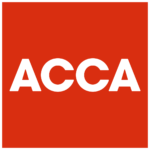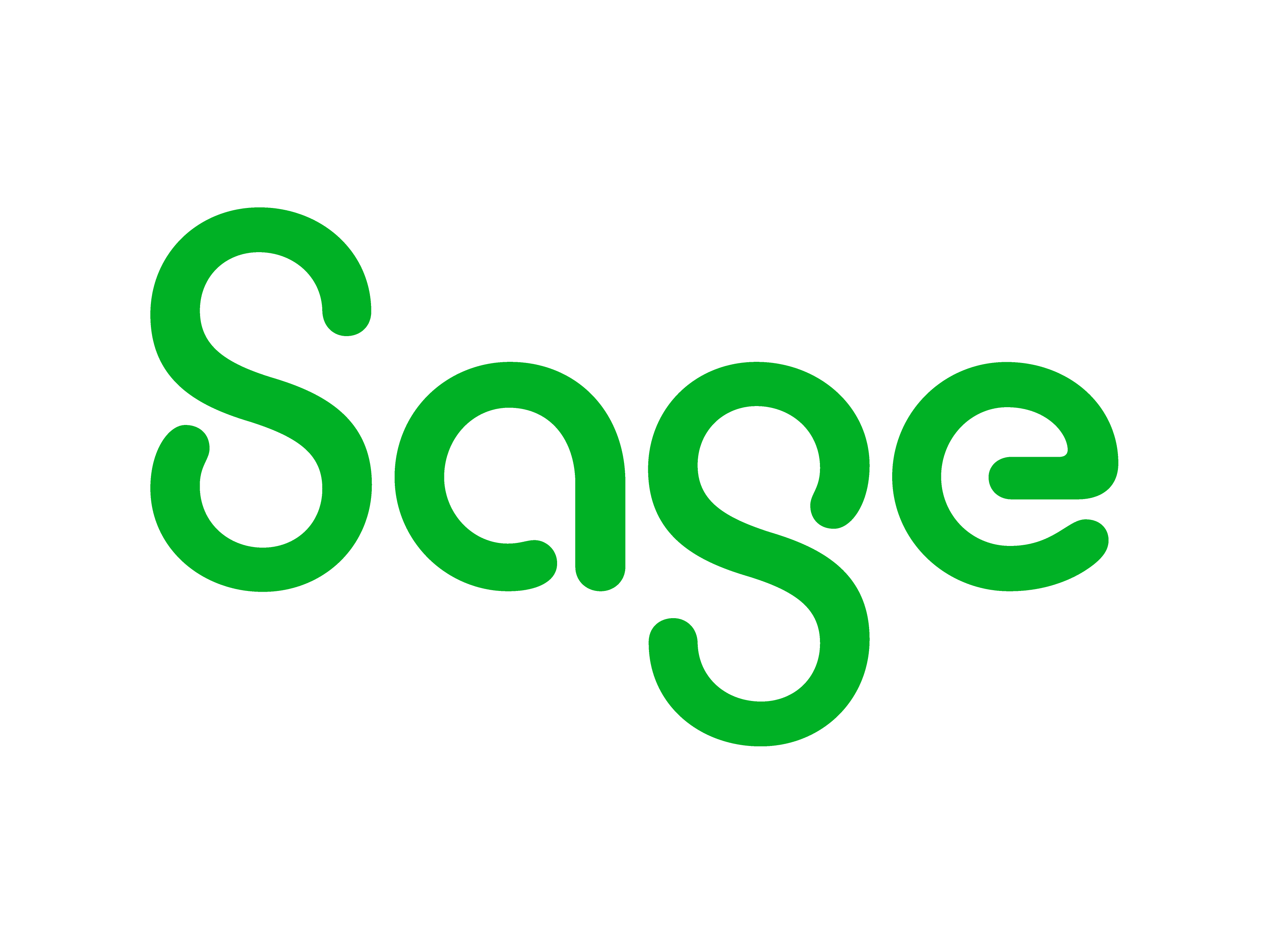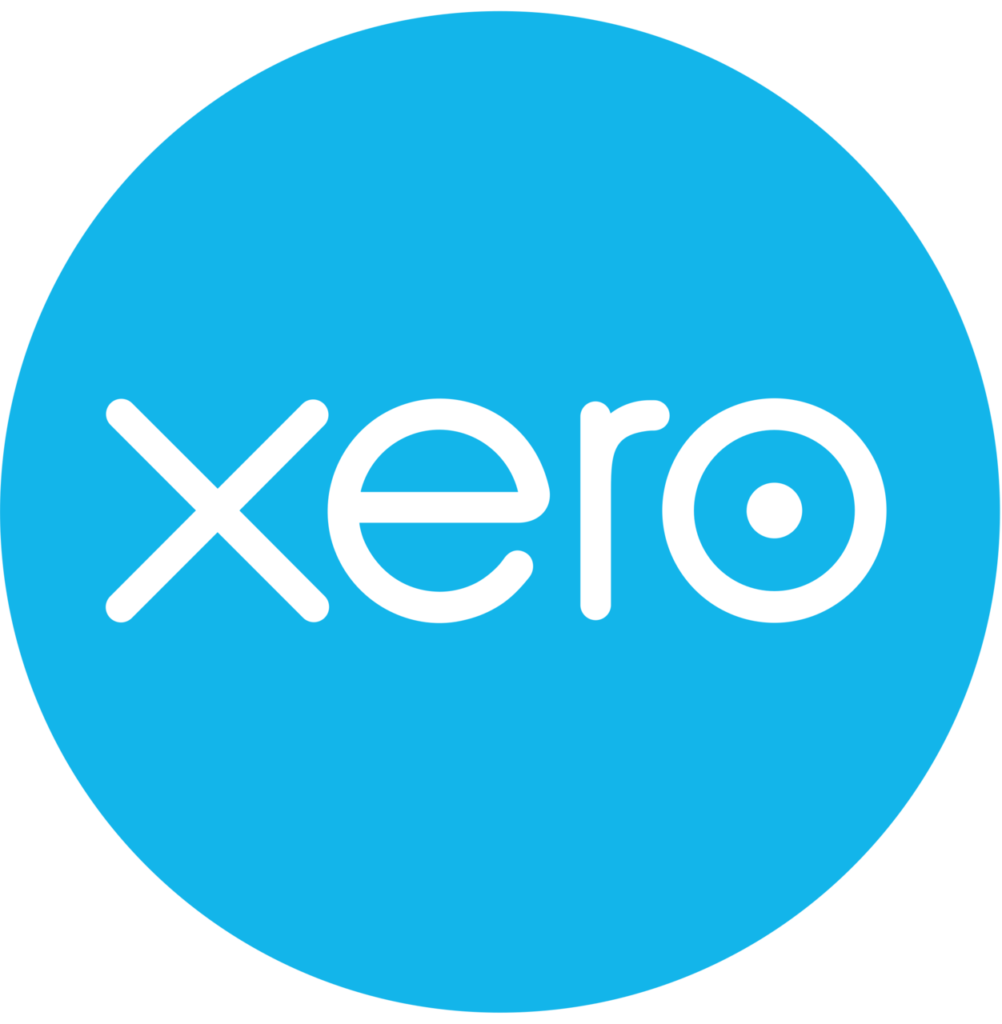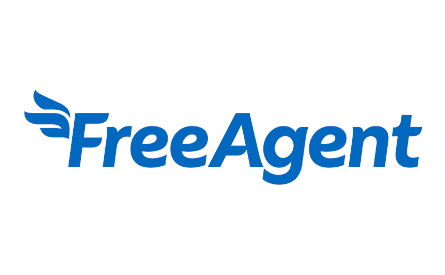Managing payroll taxes is an essential responsibility for businesses in the UK. Both employers and employees share the burden of payroll taxes, but understanding who pays for what is critical for compliance and efficient financial management. At Khoob Accountancy, we help businesses streamline payroll processes and ensure compliance with UK tax laws.
In this blog, we’ll break down the key differences between employer and employee payroll tax responsibilities and explain how our payroll services can help you manage them effectively.
What Are Payroll Taxes?
Payroll taxes are mandatory contributions collected from both employers and employees to fund public services such as healthcare, pensions, and other social benefits. These taxes include Income Tax, National Insurance Contributions (NICs), and additional levies for employers.
What Does an Employer Pay?
Employers have several payroll tax responsibilities in the UK. Here’s a breakdown:
1. Employer National Insurance Contributions (NICs)
- Employers are required to pay Class 1 NICs on their employees’ earnings above the secondary threshold.
- The NIC rate for employers is currently set at 13.8% (subject to updates by HMRC).
- These contributions fund benefits such as the State Pension, healthcare, and unemployment support.
2. Apprenticeship Levy
- Businesses with an annual payroll of £3 million or more must pay an apprenticeship levy of 0.5% of their payroll.
- This levy is used to fund apprenticeship training and programs.
3. Employer Pension Contributions
- Employers must contribute a minimum of 3% of an employee’s salary to their workplace pension under auto-enrolment regulations.
4. Statutory Payments
Employers are also responsible for statutory payments, such as:- Statutory Sick Pay (SSP)
- Statutory Maternity Pay (SMP)
- Statutory Paternity Pay (SPP)
What Does an Employee Pay?
Employees contribute to payroll taxes directly from their salaries. These are deducted at source by the employer via the Pay As You Earn (PAYE) system.
1. Income Tax
- Employees pay Income Tax based on their earnings and applicable tax bands.
- The standard personal allowance for 2023/24 is £12,570, with tax rates ranging from 20% (basic rate) to 45% (additional rate) for higher incomes.
2. Employee National Insurance Contributions (NICs)
- Employees pay Class 1 NICs on earnings above the primary threshold.
- The rates are:
- 12% on earnings between the primary threshold and the upper earnings limit.
- 2% on earnings above the upper limit.
3. Pension Contributions
- Employees contribute a minimum of 5% of their salary to workplace pensions under auto-enrolment rules.
4. Student Loan Repayments
- Employees with student loans may have deductions based on their repayment plan and earnings threshold.
Key Differences Between Employer and Employee Payroll Taxes
| Tax/Contribution | Employer Pays | Employee Pays |
|---|---|---|
| National Insurance (NICs) | Class 1 NICs at 13.8% | Class 1 NICs at 12% or 2% |
| Income Tax | Not applicable | Based on PAYE tax bands |
| Pension Contributions | Minimum 3% under auto-enrolment | Minimum 5% under auto-enrolment |
| Apprenticeship Levy | 0.5% (if payroll > £3m) | Not applicable |
| Student Loan Repayments | Not applicable | Based on repayment plan and earnings |
| Statutory Payments | Fully paid by employer | Not applicable |
How Can Khoob Accountancy Help with Payroll Taxes?
At Khoob Accountancy, we provide comprehensive payroll services to simplify payroll management for businesses. Here’s how we help:
- Accurate Payroll Processing
- We calculate and deduct payroll taxes accurately for both employers and employees.
- Our systems ensure compliance with PAYE and RTI (Real-Time Information) requirements.
- National Insurance and Tax Compliance
- We handle NICs calculations for both employers and employees.
- We ensure all payroll taxes are submitted to HMRC on time.
- Pension Management
- We assist with workplace pension schemes, including contributions and auto-enrolment compliance.
- Custom Reporting
- Receive detailed reports on payroll taxes, statutory payments, and deductions.
- HMRC Filing
- Our team manages all submissions to HMRC, minimizing errors and avoiding penalties.
Why Choose Khoob Accountancy?
- Expertise in UK Payroll Taxes: Our team is well-versed in UK payroll regulations, ensuring compliance and peace of mind.
- Comprehensive Services: From tax advisory to payroll services, we cover all aspects of financial management.
- Customer-Centric Approach: We tailor our solutions to fit your business needs, ensuring seamless payroll management.
























